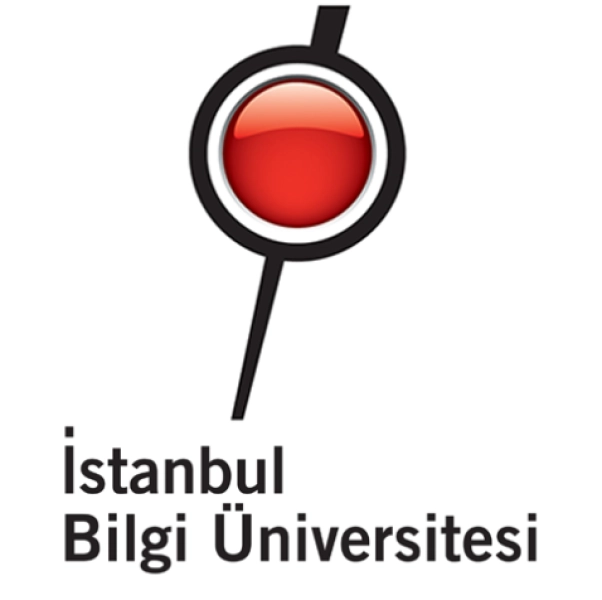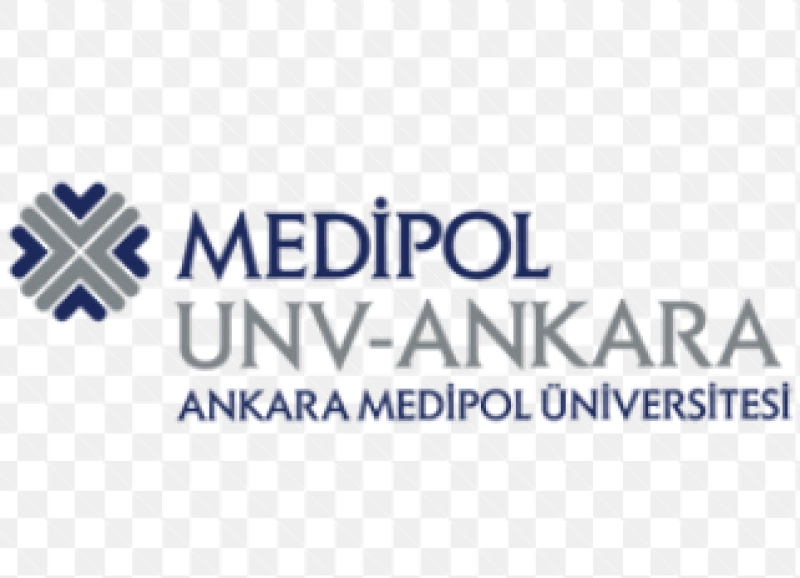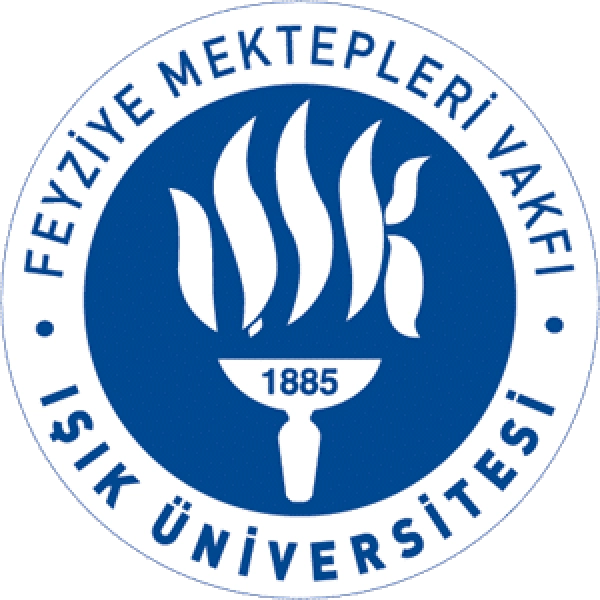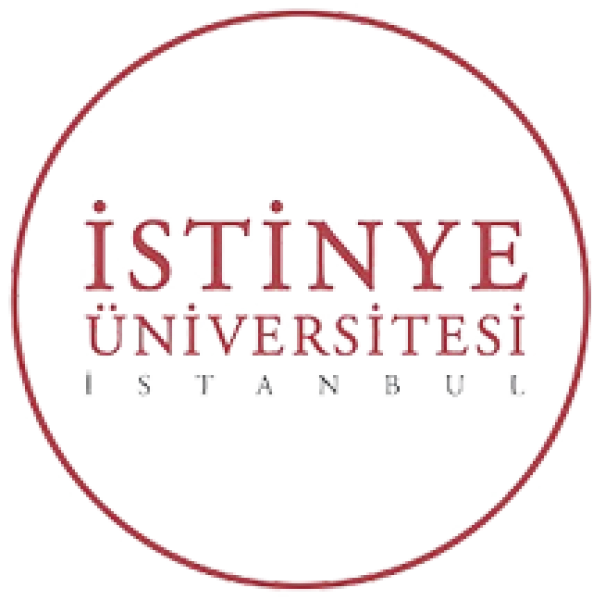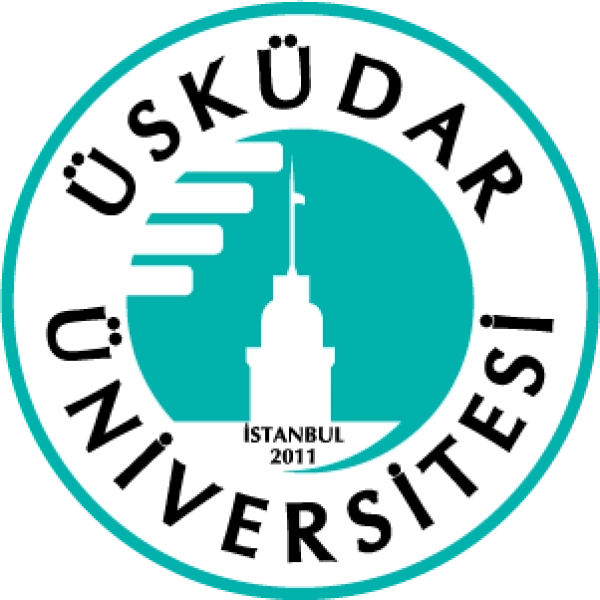Faculty: Health Sciences
The anesthesia specialization focuses on administering anesthesia and managing patient care during surgical procedures. Students acquire skills in anesthesia, pharmacology, patient monitoring, and intraoperative care. Graduates are prepared to work in hospitals, surgical centers, and healthcare facilities as anesthesiologists, anesthetists, or anesthesia technicians.
Learning Objectives:
- Understand the basics of anesthesia and intraoperative care.
- Develop skills in anesthesia, pharmacology, and patient monitoring.
- Learn the techniques of administering anesthesia and managing patient care during surgery.
- Explore principles of pain management, critical care, and emergency medicine.
- Analyze and interpret anesthesia data and patient vital signs.
- Develop critical thinking, problem-solving, and clinical skills for effective anesthesia practice.
Main Curriculum:
- Introduction to Anesthesia
- Overview of key concepts, principles, and practices in anesthesia.
- Basics of anesthesia, pharmacology, and patient care.
- Anesthesiology
- Principles of anesthesia, including types, administration techniques, and equipment.
- Anesthesia management techniques during surgical procedures.
- Pharmacology in Anesthesia
- Principles of anesthesia pharmacology, including anesthetic drugs, dosages, and interactions.
- Techniques for administering and monitoring anesthetic drugs.
- Patient Monitoring
- Principles of patient monitoring, including vital signs, cardiac and respiratory monitoring.
- Techniques for monitoring and managing patient vital signs during surgery.
- Postoperative Care
- Principles of postoperative care, including preoperative assessment, intraoperative management, and postoperative care.
- Techniques for providing comprehensive postoperative care for surgical patients.
- Pain Management
- Principles of pain management, including acute and chronic pain, analgesics, and pain relief techniques.
- Pain management techniques in surgical and critical care settings.
- Critical Care and Emergency Medicine
- Principles of critical care and emergency medicine, including life support, resuscitation, and crisis management.
- Techniques for managing critical care and emergency cases in the operating room.
- Clinical Training
- Real-life experiences in anesthetic environments, including clinical rotations, internships, and hands-on practice in hospitals or surgical centers.
- Applying acquired skills in practical anesthesia scenarios.
- Graduation Project in Anesthesia
- A comprehensive project applying skills in anesthesia, pharmacology, or patient monitoring.
- Presentation of a polished anesthesia project, research paper, or presentation.
Assessment Methods:
- Anesthesia reports, pharmacology projects, patient monitoring studies, intraoperative care plans, pain management projects, critical care analyses, clinical training reports, graduation projects, group projects, and presentations.
Recommended Textbooks:
- "Anesthesia" by various authors.
- "Anesthesiology" by various authors.
- "Pharmacology in Anesthesia" by various authors.
- "Patient Monitoring" by various authors.
- "Intraoperative Care" by various authors.
- "Pain Management" by various authors.
- "Critical Care and Emergency Medicine" by various authors.
Prerequisites:
Basic knowledge of anatomy, physiology, and pharmacology. Suitable for students interested in anesthesia, patient care, and healthcare services.
Duration of Specialization:
Typically 4 years to earn a bachelor's degree, including coursework, clinical training, and internships. Additional advanced degrees or certifications may be required for specialized roles.
Certification:
Graduates may earn a degree in anesthesia and pursue further education or professional certifications, such as a Doctor of Medicine (MD) with an anesthesia specialization or a Certified Registered Nurse Anesthetist (CRNA).
Target Audience:
Aspiring anesthesiologists, anesthetists, anesthesia technicians, and individuals seeking careers in hospitals, surgical centers, and healthcare facilities. This specialization equips students with clinical, technical, and patient care skills essential for excelling in anesthesia, supporting careers in various surgical and healthcare settings.





